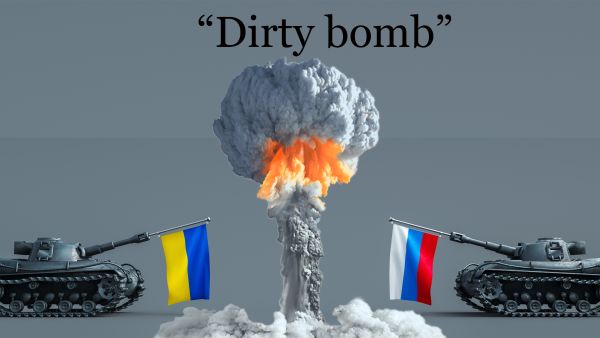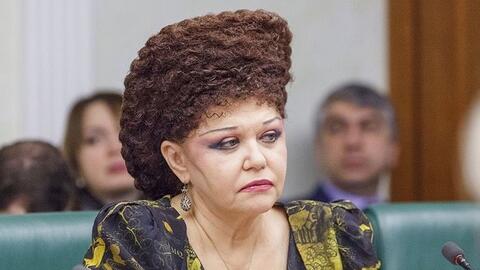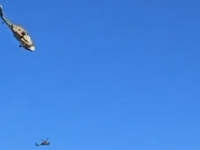The concept of the 'dirty bomb' has been used frequently lately amid the Russian-Ukrainian war, but what does it mean? Russia and Ukraine have been trading allegations of the possibility of hitting Kyiv with a dirty bomb.
As the war is about to enter its 9th month, Russia is accusing Ukraine of the possibility of attacking its territory with a dirty bomb adding that it is planning to accuse Moscow of committing the attack in order to get the help it needs from NATO, the EU and the US.
any chance—any at all—the ukrainian govt would consider using a dirty bomb?
— ian bremmer (@ianbremmer) October 23, 2022
when their counteroffensive is succeeding. and they’re fully reliant on nato support…that would find such an act abhorrent.
zero.
100% russian disinformation.
However, Ukraine is denying Russia's allegations of using a dirty bomb on its territory to earn the sympathy of the west and to get help. Ukraine's FM said: "Russian lies about Ukraine allegedly planning to use a ‘dirty bomb’ are as absurd as they are dangerous. Firstly, Ukraine is a committed NPT member" adding that Ukraine doesn't have any dirty bombs nor it has any plans of using them.
The Ukrainian foreign minister also spoke to his French counterpart Catherine Colonna and the US Secretary of State Antony Blinken and they both condemned Russia's accusations that Ukraine might use a dirty bomb.
I spoke with Ukrainian Foreign Minister @DmytroKuleba today to discuss the United States’ continued support for Ukraine and to reject Russia’s false allegations that Ukraine is preparing to use a dirty bomb on its own territory.
— Secretary Antony Blinken (@SecBlinken) October 23, 2022
What is the dirty bomb?
A dirty bomb is a radiological dispersal device that combines conventional explosives, such as dynamite, with radioactive materials, according to the Nuclear Regulatory Commission (NRC).
A dirty bomb is not a nuclear bomb, the NRC clarified. A nuclear bomb creates an explosion that is millions of times more powerful than a dirty bomb.
The radiation of a dirty bomb could be dispersed within a few blocks or miles of the explosion. However, it's not a "weapon of mass destruction" but a "weapon of mass disruption," where contamination and anxiety are the major objectives.












